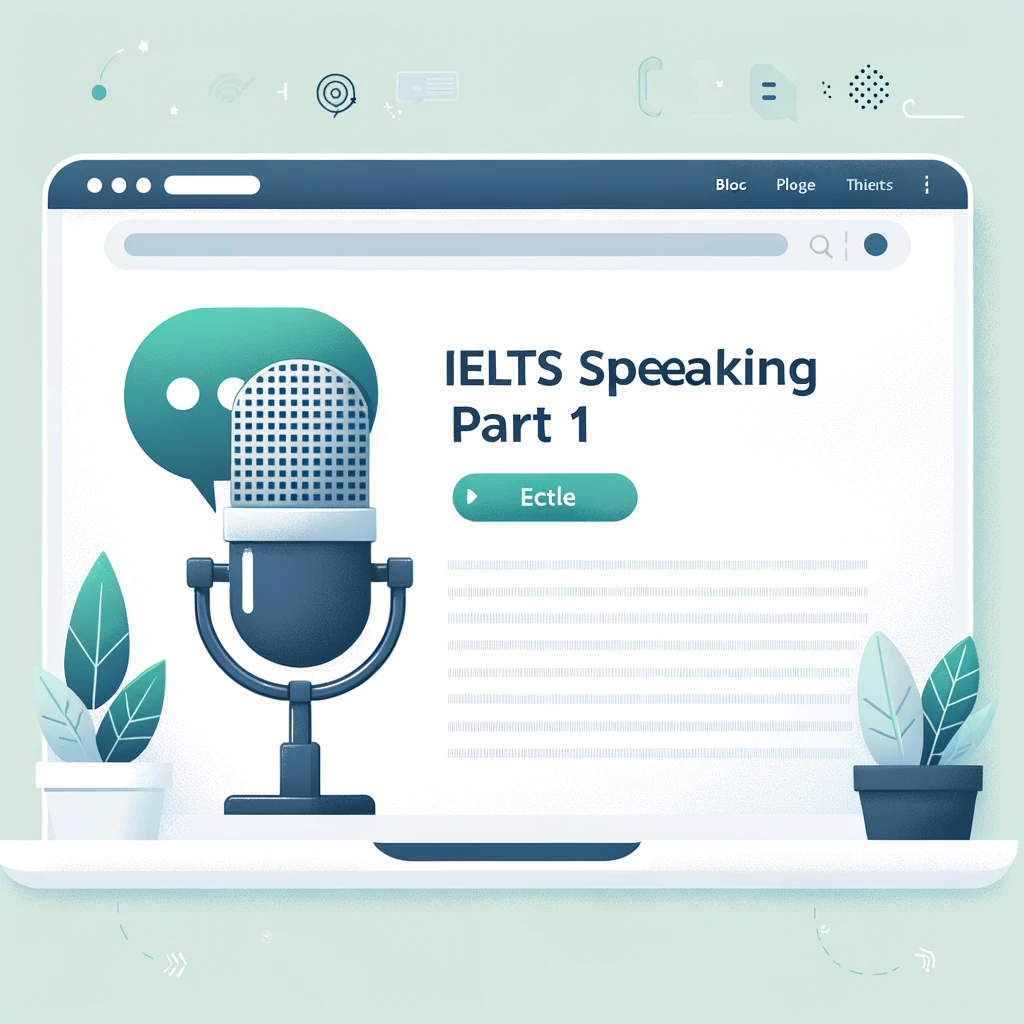1. What are some things that make you happy?
Several things make me happy, including spending time with my family and friends, pursuing hobbies like reading and cycling, and achieving personal and professional goals. Simple pleasures, such as enjoying a good meal or a beautiful sunset, also bring me happiness.
2. How do you usually express your happiness?
I usually express my happiness by smiling, laughing, and sharing my joy with others. Sometimes, I might celebrate by doing something special, like going out for a nice dinner or buying a small treat for myself. I also enjoy expressing my happiness through gratitude and positive affirmations.
3. Do you think happiness is important? Why?
Yes, happiness is very important because it contributes to overall well-being and quality of life. It has positive effects on mental and physical health, relationships, and productivity. Being happy can also help us cope with stress and challenges more effectively.
4. How do you try to stay happy in your daily life?
I try to stay happy in my daily life by focusing on positive aspects, practicing gratitude, and engaging in activities that bring me joy. I also prioritize self-care, maintain a healthy lifestyle, and make time for relaxation and social connections.
5. What is the happiest memory you have?
The happiest memory I have is the day my son was born. The overwhelming joy and love I felt in that moment were unparalleled. It was a life-changing experience that filled me with immense happiness and a sense of purpose.
6. Do you think material possessions can bring happiness? Why or why not?
Material possessions can bring temporary happiness, but they are not the key to lasting fulfillment. True happiness often comes from meaningful experiences, relationships, and personal growth rather than from acquiring things. However, having basic needs met and some material comforts can contribute to overall well-being.
7. How do you share your happiness with others?
I share my happiness with others by spending quality time with them, offering support and encouragement, and celebrating their successes. I also enjoy sharing happy moments and positive experiences through conversations, social media, and small gestures of kindness.
8. What role do friends and family play in your happiness?
Friends and family play a crucial role in my happiness. They provide emotional support, companionship, and a sense of belonging. Their presence and encouragement enhance my well-being and make life’s experiences more enjoyable and meaningful.
9. Have you ever done something just to make someone else happy? What was it?
Yes, I often do things to make others happy. One memorable instance was organizing a surprise birthday party for a close friend. Seeing their joy and appreciation made me incredibly happy and strengthened our friendship.
10. Do you think it’s important to pursue happiness? Why?
Yes, it is important to pursue happiness because it leads to a more fulfilling and satisfying life. Pursuing happiness encourages us to engage in positive activities, build meaningful relationships, and strive for personal growth. It also promotes a healthier and more optimistic outlook on life.
Vocabulary for Band 9+ IELTS Speaking
1. Simple pleasures – Small and often overlooked sources of joy
2. Positive affirmations – Positive statements that can help challenge and overcome self-sabotaging and negative thoughts
3. Well-being – The state of being comfortable, healthy, or happy
4. Quality of life – The standard of health, comfort, and happiness experienced by an individual or group
5. Coping – Dealing effectively with something difficult
6. Gratitude – The quality of being thankful; readiness to show appreciation
7. Immense – Extremely large or great
8. Fulfillment – The achievement of something desired, promised, or predicted
9. Meaningful experiences – Experiences that have significant value and impact
10. Companionship – The feeling of fellowship or friendship
11. Sense of belonging – The feeling of being connected and accepted within one’s family and community
12. Emotional support – Assistance that provides comfort and reassurance
13. Optimistic outlook – A positive perspective on life and its possibilities
14. Unparalleled – Having no equal; better or greater than any other


